ISIS peaked in 2015-16, but its recruitment in Western societies grew from conditions that have not changed. They include sexism, and moral emptiness. Where politics is moribund, the simplicity of religious fundamentalism offers a solution, including to middle-class Muslim women whose lives are not colonised by exploitative and alienating work but still experience sexist abuse.
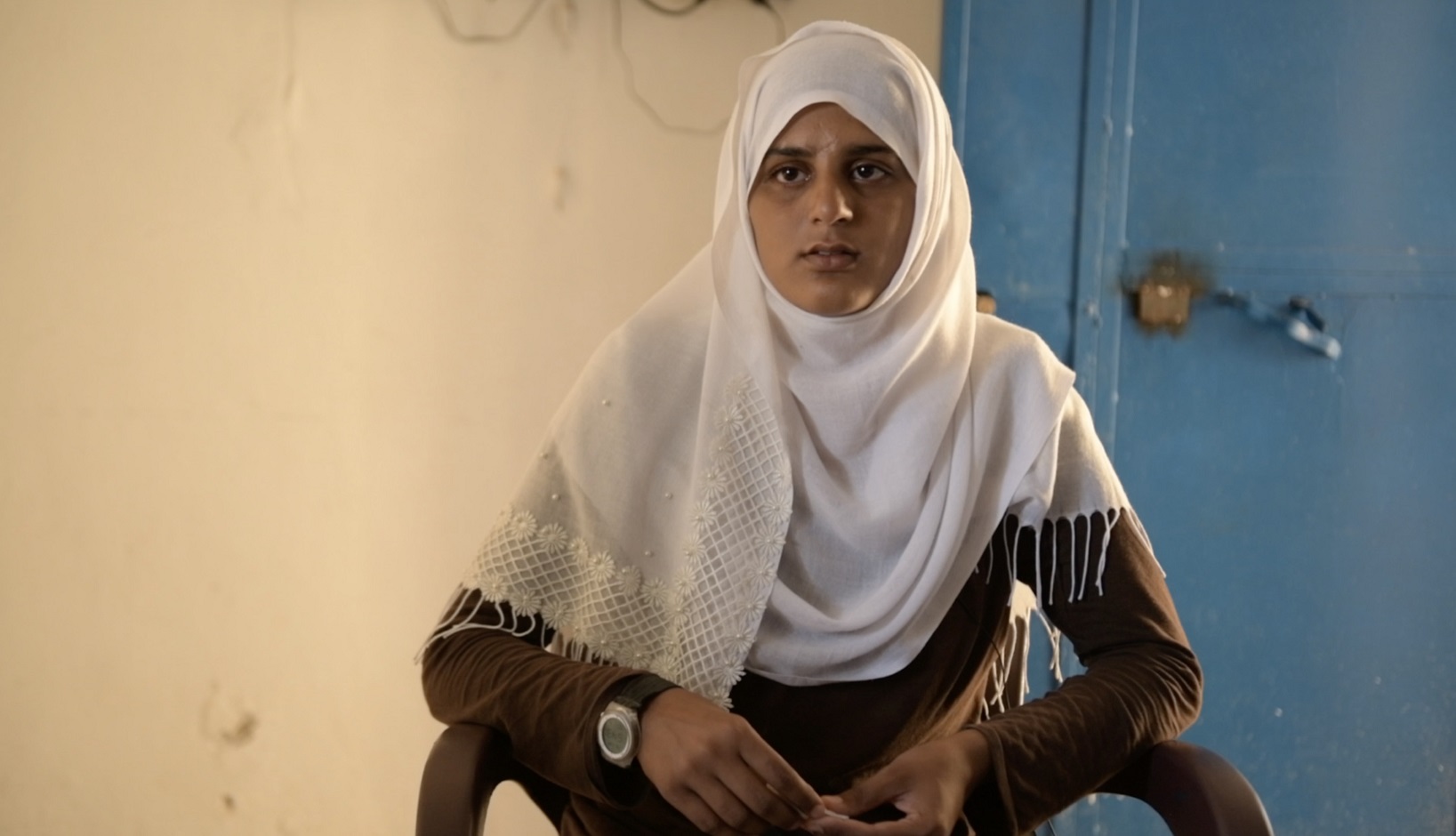
Graham Douglas
Racism, sexism and Islamophobia simmer below the surface in British society, and despite a comfortable life in London and other European countries many young women from Muslim and non-Muslim families were attracted to the social media propaganda of ISIS. Shamima Begum is the best-known in Britain because she has not been allowed to return to the UK from Syria, despite holding British nationality. Less known is Tooba Gondal who, through her Twitter account, recruited women in Europe, including Shamima Begum, for ISIS militants in Syria.
Benedetta Argentieri is a journalist with 20 years experience, and more recently a filmmaker. She started working in Iraq and Syria from 2014, a very difficult time, especially for women journalists.
She has made several films about the situation of women in western Asia, and in her latest “The matchmaker” she challenges the simplistic media narrative portraying women as either easily manipulated victims or crazy fanatics.
“Travelling there I saw that women were resisting this, and I wanted to show the different ways they succeeded.
“70% of women worldwide have experienced male violence, and we need to ask what is wrong with Western society that made young women angry enough to go to Syria”.
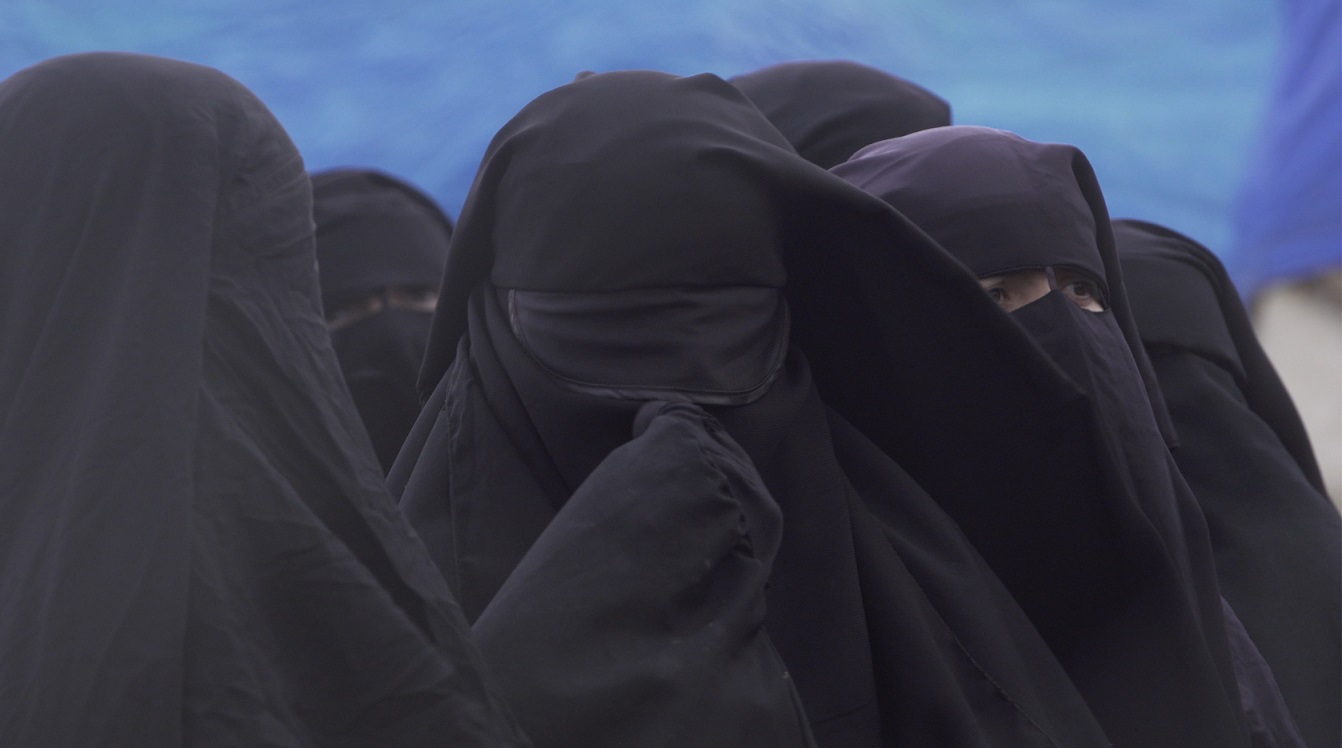 I interviewed Benedetta for The Prisma after “The matchmaker” was shown at the Olhares do Mediterraneo Women’s film festival in Lisbon.
I interviewed Benedetta for The Prisma after “The matchmaker” was shown at the Olhares do Mediterraneo Women’s film festival in Lisbon.
Why did you want to talk to Tooba?
I wanted to make a film about women’s involvement in the organisation and structure of Islamic State. In 2015 the western press and even academics were not analysing the phenomenon of women in ISIS but just comparing it to Al-Qaida and the Taliban, organisations with completely different objectives. The main objective of ISIS was to create a state, the Caliphate, so they needed to attract people to join. In 2014 social media were really taking off and ISIS knew how to make effective propaganda films. There were videos available on Youtube showing beheadings. Now there are much stricter guidelines.
Tooba seemed opportunist and lied to you. Did you not respect her as much?
I respected her a lot. She’s very intelligent and very funny at times. And I respected her ability to manipulate people. She had acted consistently with her beliefs, found herself in a very difficult situation and was doing whatever was necessary to get out.
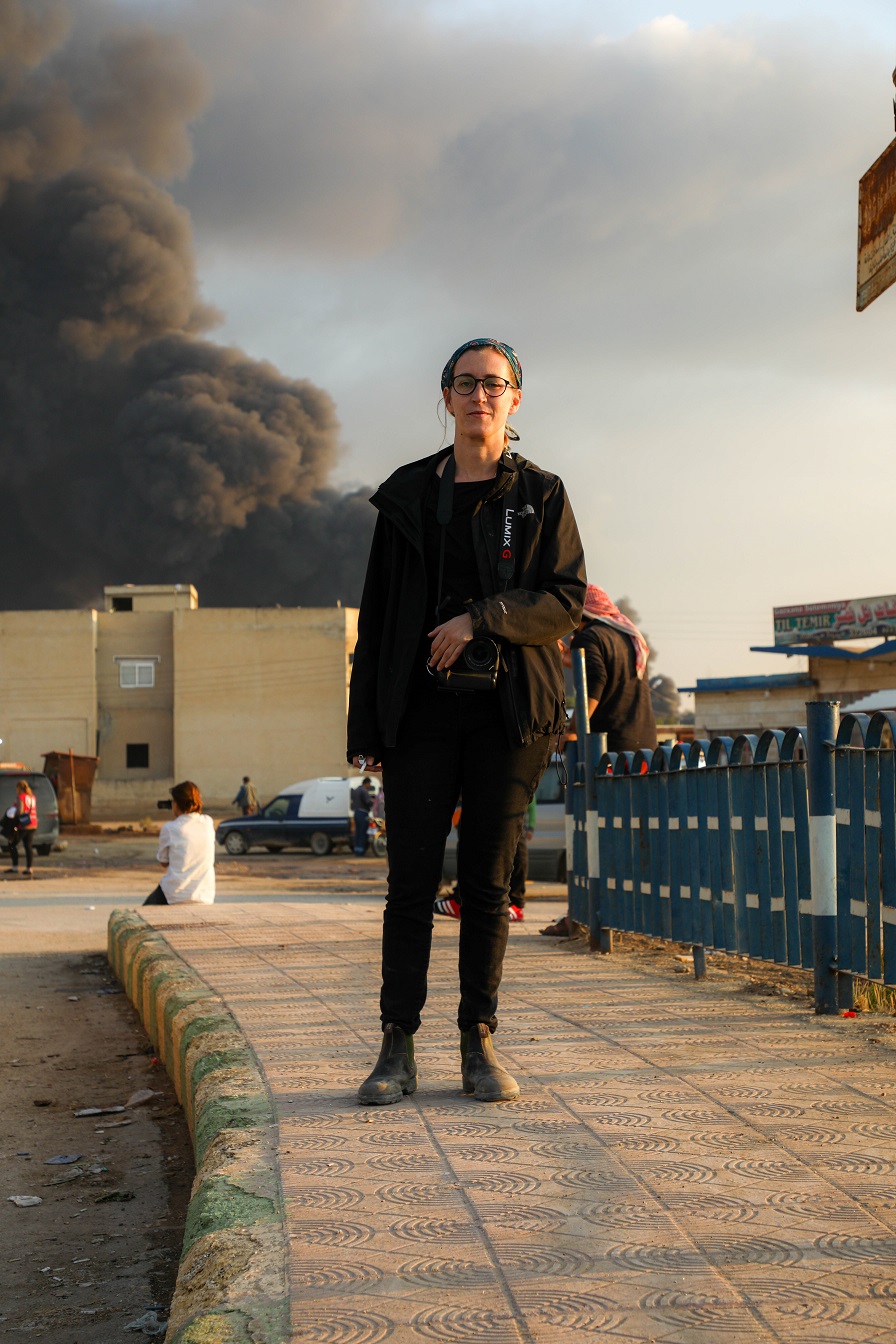
But I did not want her to use me for her redemption.
To minimize someone’s decisions by saying they were a manipulated woman is politically disrespectful. I interviewed dozens of women, with their individual stories, but a common theme too. Tooba was a prolific Twitter user, so we were able to confront her when her Twitter posts contradicted what she was telling us.
Did your feelings towards her change?
Initially I was less empathic. When she said that one of the Yazidi girls was in love with her Saudi captor, I really had to restrain myself because I had previously interviewed a lot of Yazidi women. Tooba said she never met them, then she remembered one who was owned by a Saudi Emir who was in Syria with ISIS. I had heard about young girls, one who had been sold more than 12 times from one man to another in the space of 2 years.
What she said was a straight lie.
A man might have believed her.
Yes, and it was foreign women who treated the girls the worst and were in charge of this trade along with the men, of sex slaves and domestic servants. The wives used to beat them for no reason, maybe because they were jealous of their husbands wanting to have sex with them, according to some women I spoke to.
The foreign converts were more fanatical than local Syrians, to demonstrate their beliefs. Shamima Begum was a minor when they interviewed her, which I don’t agree with, but she openly said that she was part of the unit policing other women and beating them. If they saw a woman in the market showing a tiny piece of uncovered skin, they would torture her.
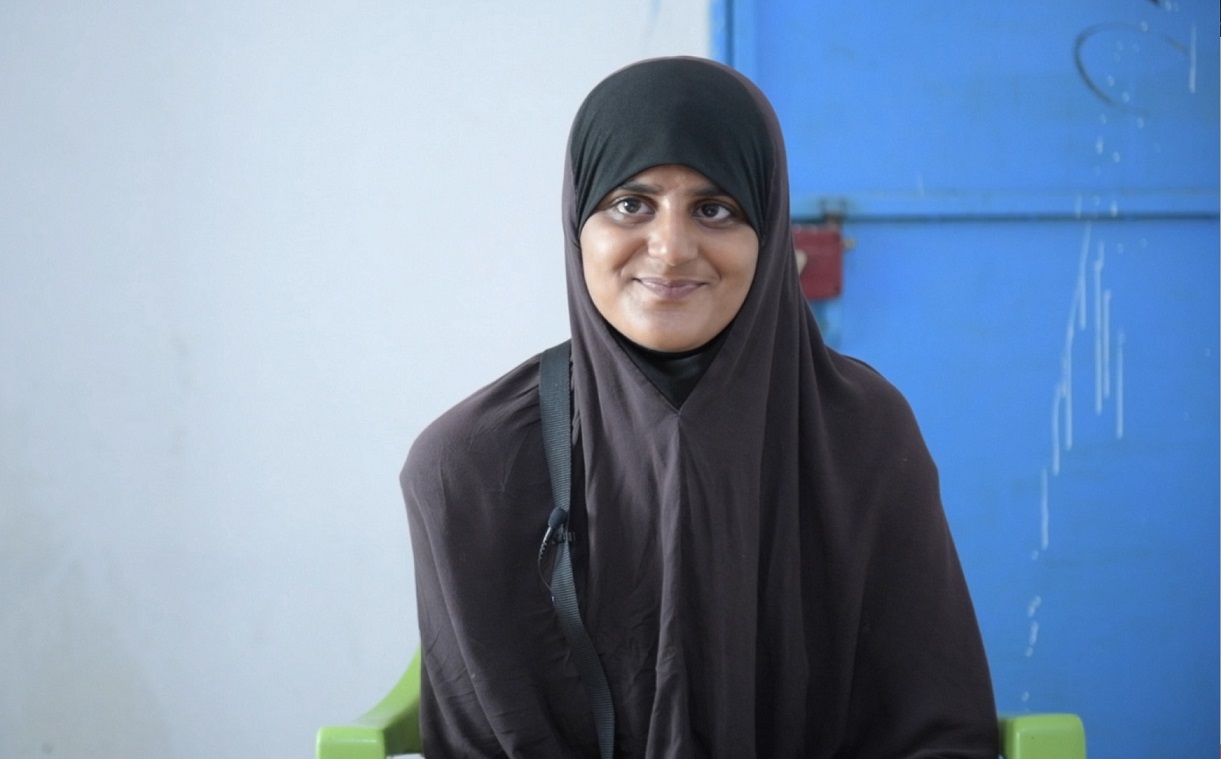 Foreigners could be brutal because no-one knew them.
Foreigners could be brutal because no-one knew them.
Local people were threatened if they refused to join, some were offered $500 a month to fight: it was survival not Youtube ideology.
Westerners knew exactly what was going on from the propaganda videos about the Yazidis in Sinjar and in Mosul when they were executing people with a bullet in the back of the head.
There is a long recording where Tooba talks about her conversion, and about Wahabism (the Saudi Arabian version of Islam that ISIS follows), saying she wanted to follow a more radical version. Of course, she met this guy and so on.
If a woman in London feels her comfortable life is meaningless, why not become a feminist activist instead of joining an army of misogynist men? And do you need to go to Syria to find a husband?
There were a lot of different dynamics going on, and certainly this feeling was true for many women. Tooba took a gap year in 2013 and would never talk about what she did then. When I got back from Syria, I spoke to Simon Cottee, who has studied Islamic radicalisation, and he was able to prove that the Twitter persona Um-Mutanna was Tooba Gondal. He had saved lots of Twitter material before they began deleting it.
Young people also wanted adventure, to rebel, and be part of something bigger. When I was 20 my views were granitically black and white, but with time I began to see that it isn’t so simple.
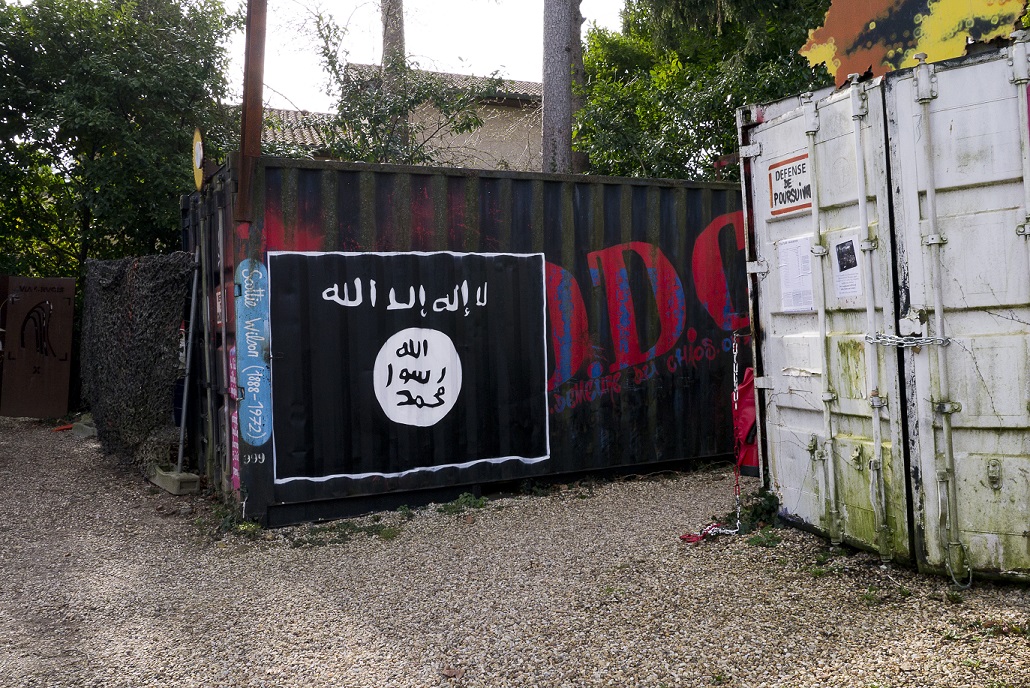
Most recruits were from the UK, France and Belgium?
A lot came from Germany too, and one surprising place was Trinidad and Tobago, because there was an Islamic revolution there in 1981. The first big wave was from Chechnya and Russia, and many Chechens were battle-hardened fighters, including women. In 2015 I reported for Reuters from Iraq, travelling along the frontline, and people told me they had seen many women fighters on the other side, but my report was ridiculed by academics: “You can’t be serious”.
Politically incorrect.
Yes, and the Kurdish women recognised the ISIS women by the way they spoke on the radio. They did many things besides fighting: logistics, sabotage. Some dressed as men. I was on the side of the Kurds who were fighting in Sinjar, in northern Iraq, near where the Yasidi massacres had happened. I moved to other work but the war against ISIS really kicked off, and by 2019 the Western press was treating women ISIS members either as victims or fanatics. Thousands of women were coming from western countries, you can’t classify them in this simplistic way. We have to ask what is wrong for them in the West, and in 2016 I co-directed “Our war”, which was shown at the Venice Film Festival, about foreigners joining the Kurds to fight ISIS.
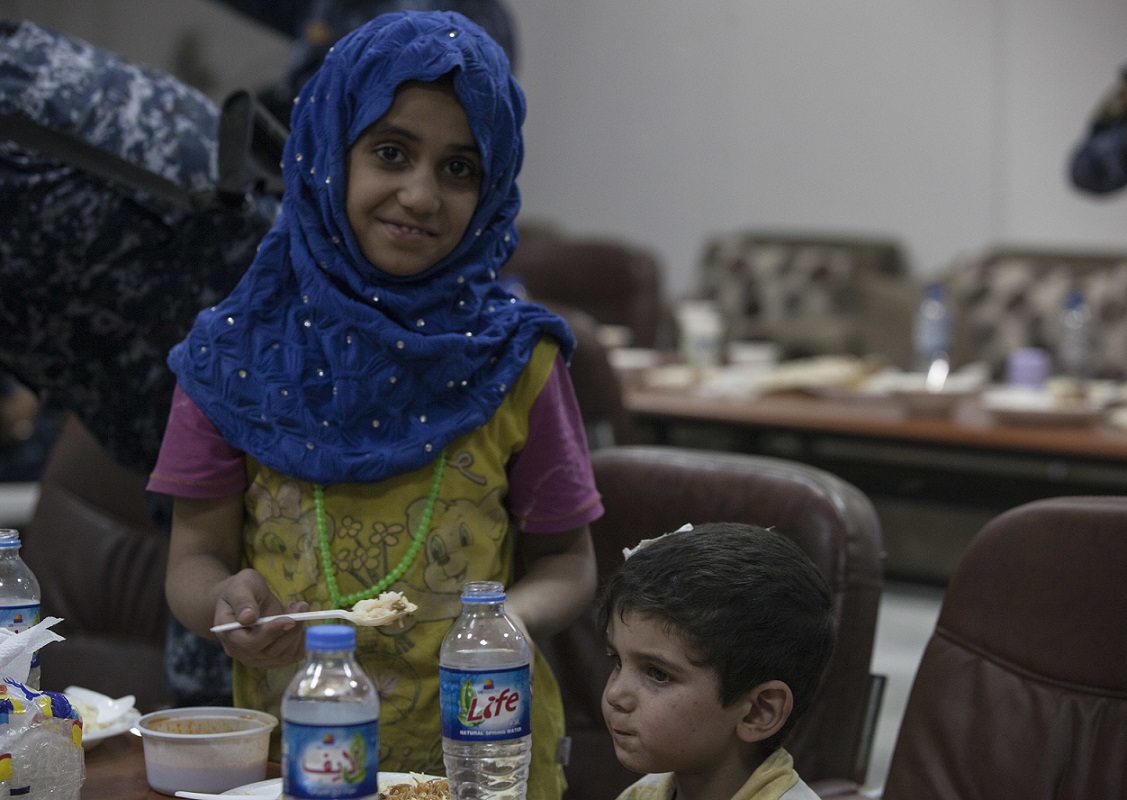
Your first solo-directed film (2018), “I am the revolution” challenged the stereotypes of women in western Asia.
They were seen either as helpless needing a saviour or super-glamorous using lots of makeup. We followed 3 women, one in Iraq called Yanar Mohammed, who is still there and founded OWFI (Organization of Women’s Freedom in Iraq), which built an underground network to help women escape from honour killings and saved about 700 women in 10 years. Then we stayed with the Kurdish woman commander of the Raqqa operation in Syria, Rojda Felat. And in 2017 we went to Afghanistan, which was very diffi
cult for an all-women team, and there were organized crime and kidnappings. We followed Selay Gaffar, the leader of the only secular political party, Hambastagi, which was outlawed. She had a crazy life because of what was going on, and we travelled from Kabul to Bamian and Jallalabad, a Jihadi hotspot.
Women could fight back in different ways, one as an activist, one as a soldier, one as a political leader. It was very important that they were trying to empower other women so if anything happened to them, the movement would continue.
(Photos: All images related to the film “The matchmaker” were supplied with permission by Benedetta Argentieri. Copyright held by Fandango films.)












.jpg)













Frightening…